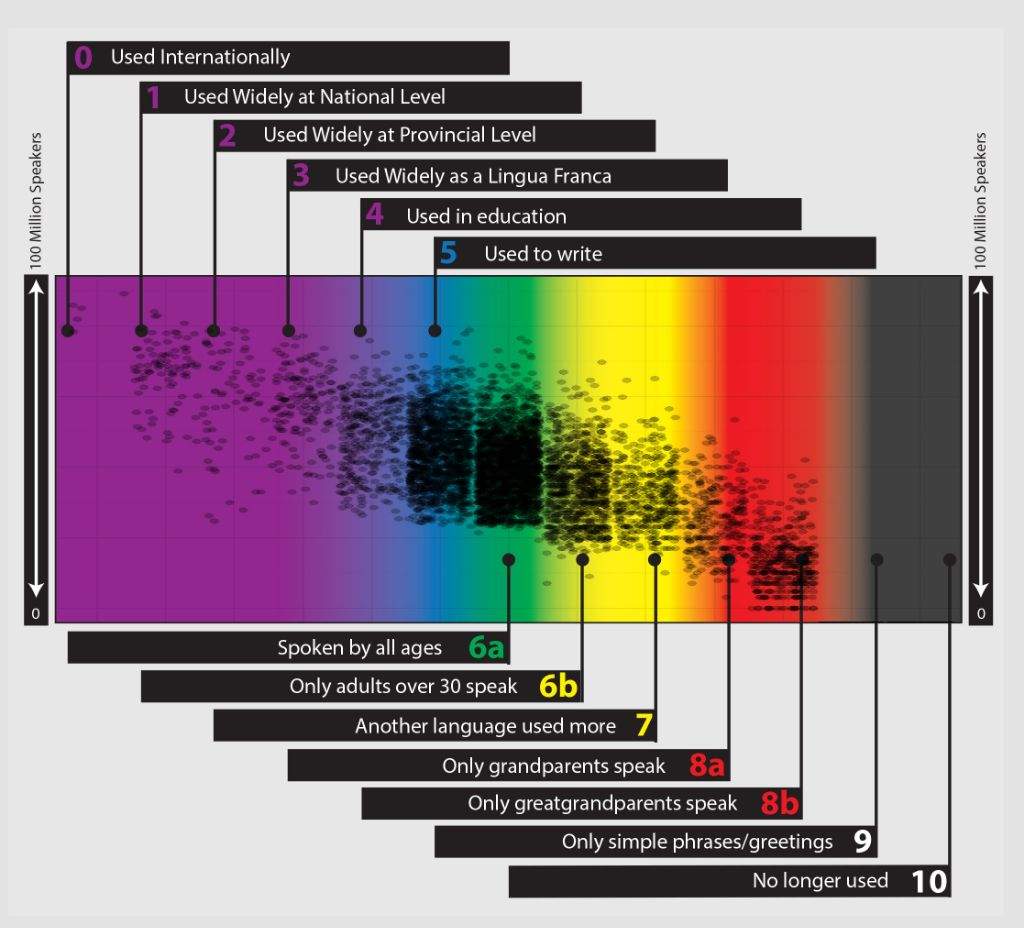JSTOR says that free users can read six papers for free every month, but what if you don't read a paper in its entirety in one sitting and close the tab? Because I can't imagine they want you to be able to read the same paper twice (since it's already kinda gatekeepy to require registration), but obviously the site wouldn't be able to tell that you didn't read it entirely already.
Presumably I can't even sign up there since I didn't/don't go to a university or whatever (and if just any random person could register on the site, the complaints that it's a site dedicated to gatekeeping wouldn't make sense), but if it
really means six papers a month and not "lol you better not close or reload this tab", I'll try to make an account because there are some that seem really interesting. It's a shame they still couldn't be downloaded, though, but well...
Saim wrote:It's weird how if you set your Netflix display language to the language a show is in, instead of showing you the original title it retranslates the localised title back into the target language. So the French show "Dix pour cent" becomes "Appelez mon agent" (localised title for Anglophone market: "Call my agent") and the Turkish Hakan: Muhafız becomes Koruma (English: The Protector).
That's really weird, but kind of makes sense since it'd have taken them more work to write a script that detects the original language and then makes an exception by not translating them, or one that accesses a database with all the localised titles of the films in the country where the language you switch to is spoken. That could open an absolute can of worms if there are several countries where the language is spoken and the localised titles differ from each other, though, so it
kind of makes sense for them to not even want to do that.
Saim wrote:It took a while for me to notice this was even happening because it also changes the title in the graphic.
...but that sounds like it's not because they're just lazy so maybe it could actually be an attempt to avoid coming across as "picking a side" or whatever, but if they're literally using English as the basis for translation into all languages, if they openly came out saying that's the reason, it probably would only open an even bigger can of worms. Well, whatever. Really interesting whatever the reason is, though.
linguoboy wrote:A FB friend asked yesterday for "Your top 5 Bio flicks" and it only dawned on me today that he means "biopics"--that is, "bio" as in "biographical", not "bio" as in "biological".
Sorry, but that made me laugh so hard I almost spit out salad I'd already swallowed.

What is a biological film, though? Films about animals (like
Two Brothers), or ones about diseases (like
Contagion) or something?
EDIT because somehow I forgot to reply to this:
linguoboy wrote:A whole lot of phonemes fall together in final position. Final [t̚] can represent underlying /t/, /th/, /s/, /c/, /ch/, and even /h/. 갓, 갇, 같, and 갖 are all homophones.
Interesting, and confusing... but then, it's not really
that different from Japanese gemination resulting from
つ; it could almost be thought of as pseudo-equivalent to a stage before that, except with more sounds...
Also, apparently there's a word in Korean that can mean both "Asia" and "Africa",
아주.

Judging by the fact that there are two different Hanja forms, they don't have the same etymology, though? And apparently it's not the standard word for either continent, but still pretty interesting. Does it ever refer to both together?
Also, I think I've finally learned to recognise the first things about Hangul, that <ᄉ> is /s/ and <ㅡ> is /ɯ/. So maybe I have hope of learning to read it... maybe...
 What is a biological film, though? Films about animals (like Two Brothers), or ones about diseases (like Contagion) or something?
What is a biological film, though? Films about animals (like Two Brothers), or ones about diseases (like Contagion) or something? (see also Language Status
(see also Language Status 